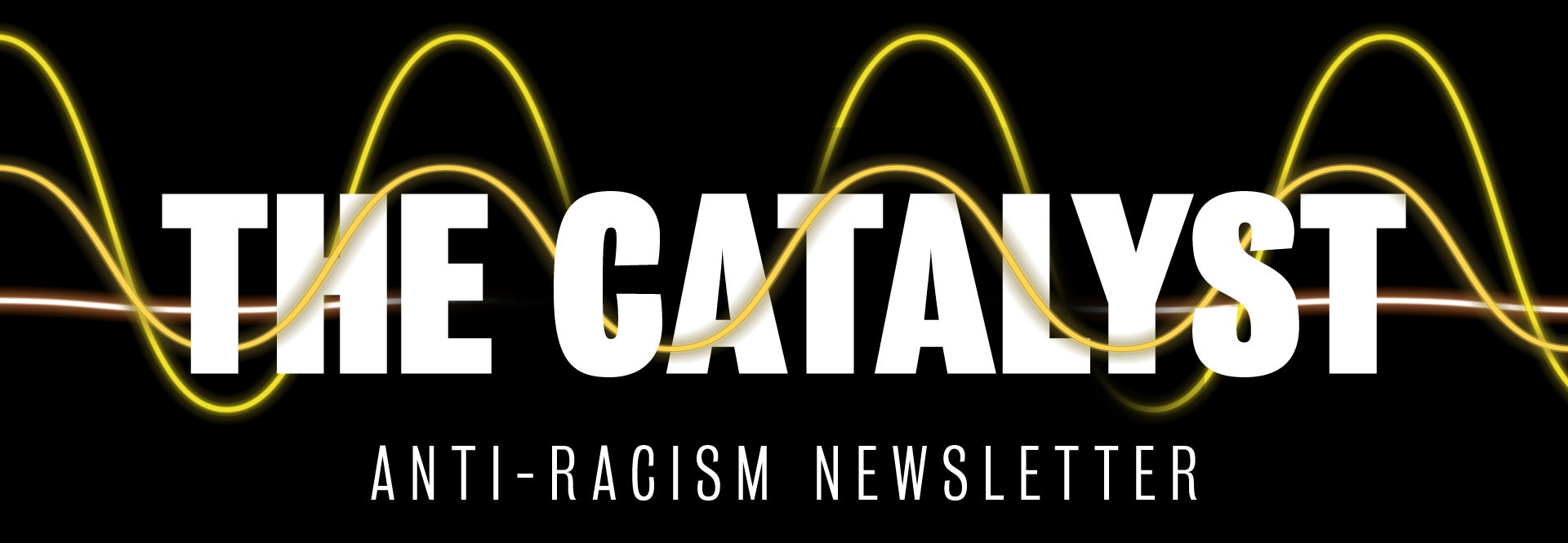
Welcome to the 13th issue of The Catalyst Anti-racism newsletter.
June is National Indigenous History Month. In recognition of the month, the Catalyst is featuring stories highlighting Indigenous excellence.
This month our message from the chair comes from Vivek Goel, President, and Vice-Chancellor, who shares reflections on National Indigenous History month.
In this issue:
- Celebrating National Indigenous History Month and National Indigenous Peoples Day
- Planting the seeds of reconciliation
- Meet Savanah Seaton, MA Psychology
- Meet Naomi Paul, MASc in Systems Design Engineering
- Meet Elder Bill, Elder in Residence, Faculty of Engineering
- Q and A with the experts: Reclaiming Indigenous histories
- May CatalystFlashback, Meet Anne Galang, associate director, Executive Communications
- Ericsson Innovation Awards (EIA) competition
Message from the Chair
Celebrating National Indigenous History Month and National Indigenous Peoples Day
Originally published on June 1 on Waterloo News
You may have noticed that at University of Waterloo events, we begin with a land acknowledgment that recognizes that much of our work takes place on thetraditional territory of theNeutral, Anishinaabeg and Haudenosaunee peoples. We also highlight that our main campus is situated on the Haldimand Tract, theland granted to the Six Nations that includes six miles on each side of theGrand River. I often expand upon the acknowledgment by personally encouraging attendees to deepen their own understandings of Indigenous cultures and histories.
I hope these land acknowledgments encourage true reflection throughout the year. It is especially important that we intentionally take time as we celebrate National Indigenous History Month and National Indigenous Peoples Day to honour thehistory, heritage and diversity of First Nations, Inuit and Métis Peoples, and to celebrate theachievements of our Indigenous community members. Read the entire article here.
Subscribe to The Catalyst to receive each issue directly to your inbox
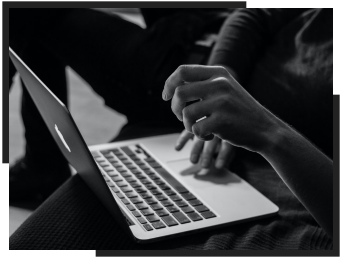
Anti-racism across campus
Planting the seeds of reconciliation
Originally published on June 21, 2022, by the Faculty of Health
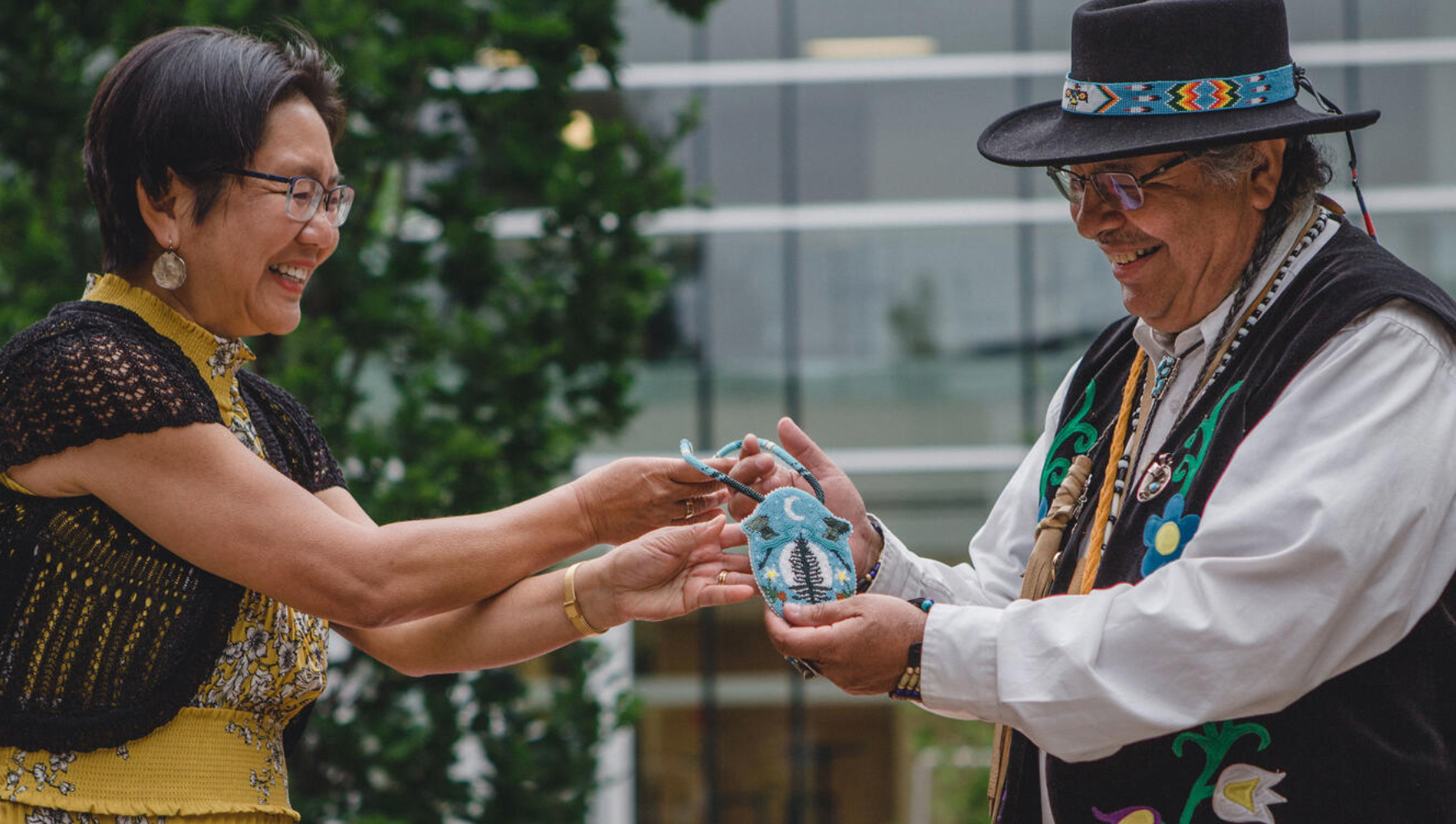
Even before the commitment was made on paper and then solidified in ceremony, talk of Indigenous reconciliation had been taking place in the University of Waterloo’s Faculty of Health. However, it took the hire of an Indigenous Knowledge Keeper to give shape to a process that is sometimes not well understood and often difficult to begin.
That Indigenous Knowledge Keeper is Elder Myeengun Henry, formerly Chief of the Chippewas of the Thames First Nation and Indigenous leader at Conestoga College. His voice is soothing but forceful, and he looks like a man who has found his calling. Part grandfather, part sage, part friendly neighbour, he is a healer who came to Waterloo at just the right time. Read the entire article here.
Student feature
Meet Savanah Seaton, MA Psychology
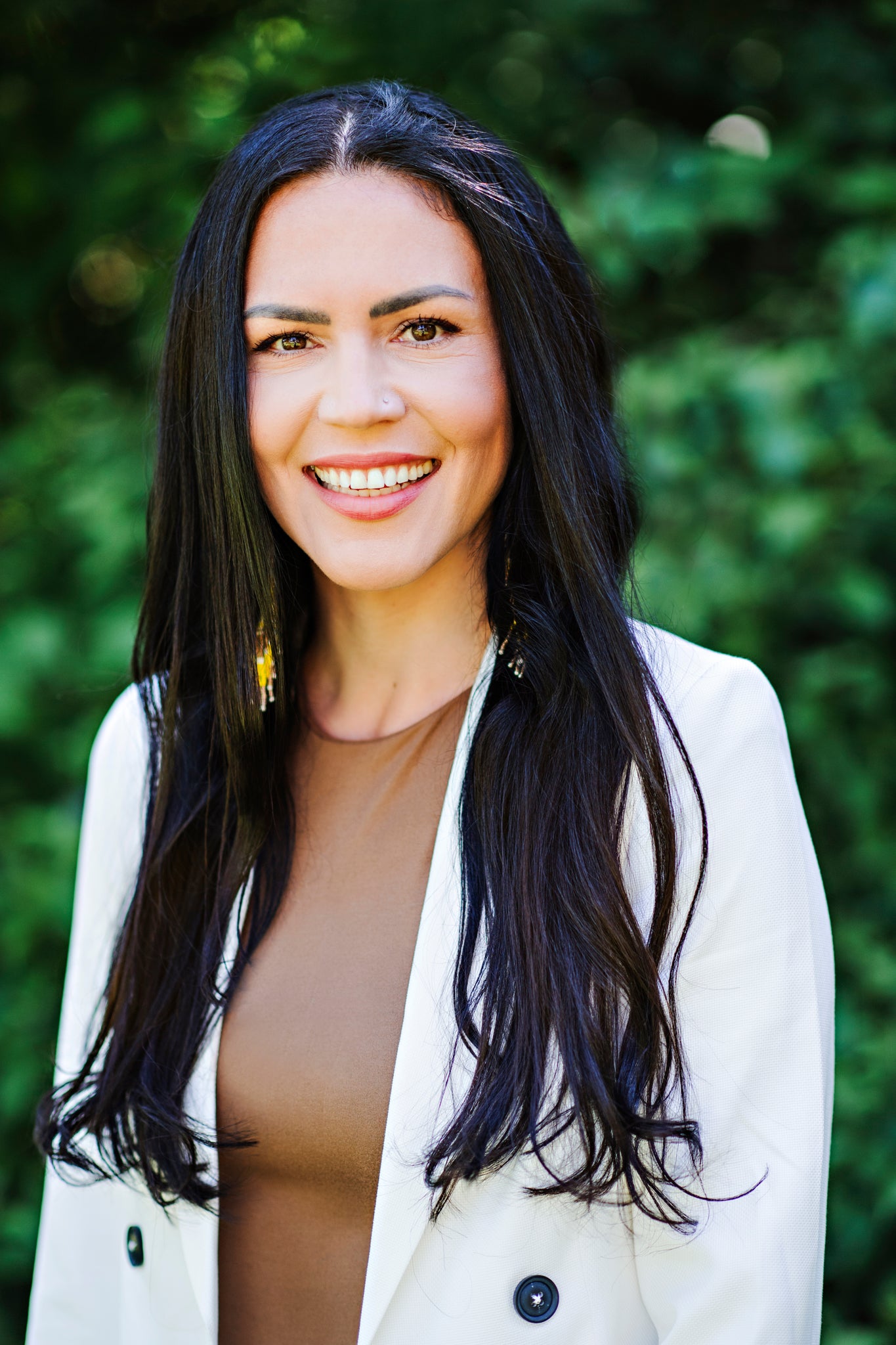
Savanah Seaton’s matrilineal lineage is of the Anishinaabeg (Plains Ojibway) Peoples of the Waywayseecappo (Treaty 4) First Nation community through her late grandfather Chesley Seaton, and the Keeseeekoowenin (Treaty 2) First Nation community through her late grandmother Myrna Seaton Bone.
In 2012, she earned a BBA with distinction in Management from Vancouver Island University in Nanaimo, British Columbia. She embarked on her professional career and worked in the public, private and non-profit sectors.
“My professional experience in market research, public affairs, banking, higher education, language revitalization, intergovernmental relations, clean energy, archaeology, organizational development and change management has been dedicated to helping advance truth and reconciliation efforts with and for Indigenous Peoples, before, during, and after the 2015 release of theTruth and Reconciliation Commission of Canada: Calls to Action,” she said.
Savanah commenced graduate studies in Fall 2019, when she enrolled in the Masters of Arts in Psychology at UWaterloo, where she worked as a TA and part-time Project Manager for the Indigenous Workways (IW) research project. Her passion to better the livelihood and work experiences of Indigenous Peoples, specifically youth, continues to be a core focus of her academic, professional, and service-oriented endeavors. In 2021, she began working with Dr. John Michela, researching biases and non-instructional factors within student ratings of instruction, which commonly factor into university professors' performance assessments that affect decision-making on pay and tenure.
Savanah has served as theIndigenous graduate representative on the UWaterloo Indigenous Relations Advisory Circle since its January 2021 inception. She also serves as the Indigenous graduate representative on the UWaterloo Wellness Collaborative, Health Promotion and Campus Wellness Advisory. She is a director within the Gi zhawenimin Circle Board of Directors, a non-profit Indigenous wraparound service for Indigenous Youth and families in- and out-of-ministry programs and adoption agencies.
Seaton’s heritage tells a story of government-mandated cultural genocide of Indigenous Peoples. Her mother is a victim of the60’s Scoop, which refers to the mass removal of Indigenous children from their families into the child welfare system. In 1993, theUS television show 'Unsolved Mysteries' aired the Seaton-Bone family 60's Scoop story, triggering a series of events, including finding and reconnecting with lost family after decades of separation.This was when Savanah learned that she is an intergenerational residential school survivor and a second and first-generation 60’s Scoop survivor.
“I carry seven generations behind me and look forward to the seven generations ahead,” she said. “I hope that through my spiritual connection with the Creator and through my professional, academic and non-profit work, I can be an example to help others, especially the youth, to always love who they are and where they come from.”
Meet Naomi Paul, MASc in Systems Design Engineering
Originally published by the Faculty of Engineering
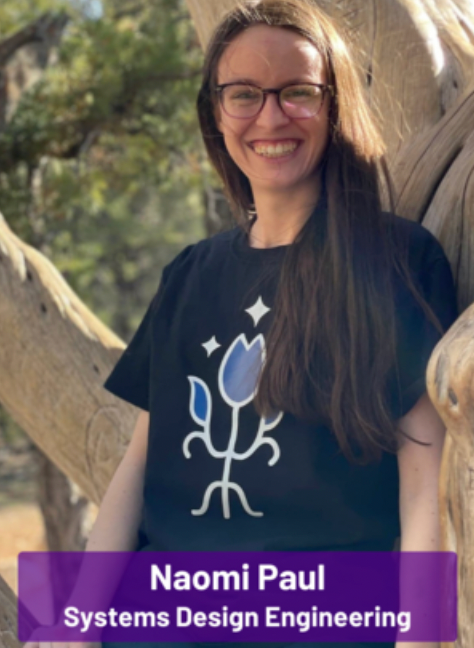
Hi all! My name is Naomi Paul and I have just begun my MASc in Systems Design Engineering, focusing on Human Factors and Ergonomics!
I am a part of the Métis Nation of Ontario, with my family originating from theGeorgian Bay region. Outside of school I am a very creative person; I enjoy playing piano, beadwork, wood burning, and baking! Within school, I am dedicated to my education, dreaming of completing my Masters, followed by a PhD, all on my path to becoming a professor. Read the entire article here.
Staff feature
Meet Elder Bill, Elder in Residence, Faculty of Engineering
Originally published on June 7, 2022, by the Faculty of Engineering
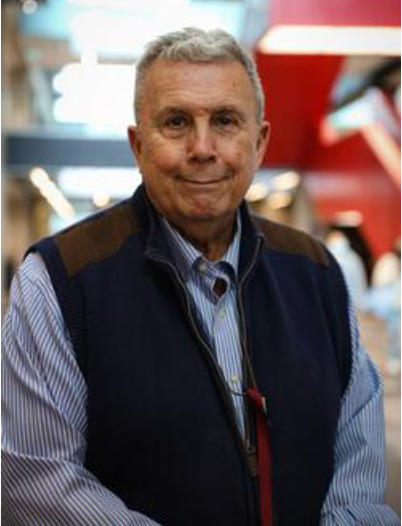
Passionate about sharing his Indigenous heritage, an adjunct architecture professor named a new course after the ceremony his ancestors have used for thousands of years to welcome visitors to their homeland — At the Woods Edge.
This semester, William Woodworth, also known as Elder Bill, started teaching the course focused on the relationships between Indigenous peoples and settlers from the 16th century to today, and how those associations have affected both engineering and architecture.
Woodworth’s offering draws, in part, on his background as a member of the Lower Mohawk Kanien'kehá:ka Nation of Six Nations of the Grand River in the Bear Clan. Read the entire article here.
Research spotlight
Q and A with the experts: Reclaiming Indigenous histories
Originally published by Media Relations on June 20, 2022.
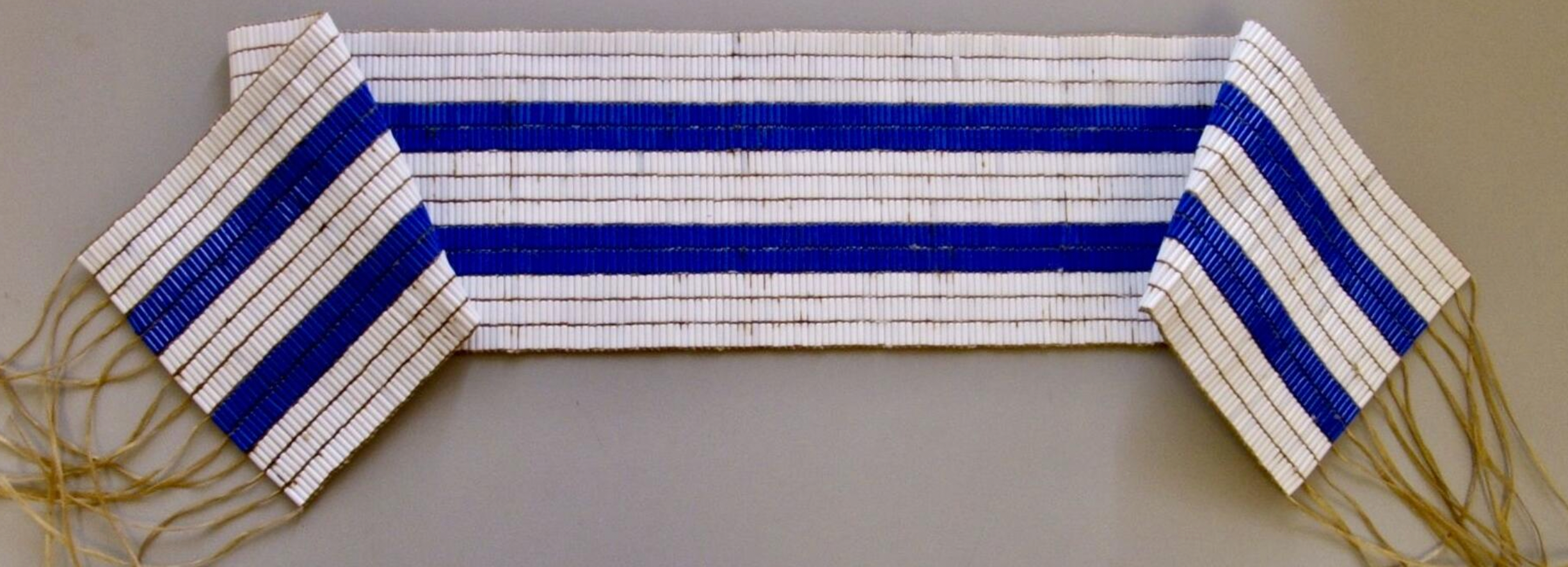
During National Indigenous History Month and as we celebrate National Indigenous Peoples Day on June 21, University of Waterloo historian and anthropologist Talena Atfield answers questions about the recovery and regeneration of Indigenous artifacts, practices and knowledges. Professor Atfield is a member of the Kanien'kehá:ka Nation of the Six Nations of theGrand River. Read the entire article here.
Bulletin board
May CatalystFlashback, Meet Anne Galang, associate director, Executive Communications
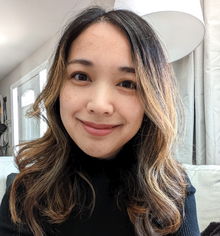
Anne Galang is the associate director, Executive Communications at University Relations, where she leads theExecutive Communications team in advising and supporting the President and the President’s Office with strategic communications.
Born and raised in Vancouver, BC, Anne Galang, who is of Filipino descent, has a Bachelor of Arts from UBC and a Masters of Arts from the University of Waterloo. She is a member of thePresident’s Anti-racism taskforce (PART) where she served as co-chair of theRace, Culture and Ethnicity Awareness working group and was a member of the implementation team. Read the entire article here.
Ericsson Innovation Awards (EIA) competition
Ericsson will be accepting Ericsson Innovation Awards (EIA) competition submissions starting June 16.
The EIA competition is open to university students based anywhere on earth, and it recognizes innovative concepts that use technology to solve global challenges.
This year, Ericsson is challenging teams to “Impact our Sustainable Future.”
Visit their website for more information on theEIA competition and to register. Submissions will be accepted between June 16 and August 5, 2022.
Let us showcase your project or event
We welcome feedback and submissions on wonderful work on anti-racism across campus. If you are aware of or involved in an anti-racism related project or event on campus, we would be happy to feature it on our website and/or in the next issue of this newsletter. Please email part@uwaterloo.ca with details.
Catch up on community stories
We share stories from across campus of BIPOC students, faulty, staff and alumni making waves across campus. Read the featured stories here.